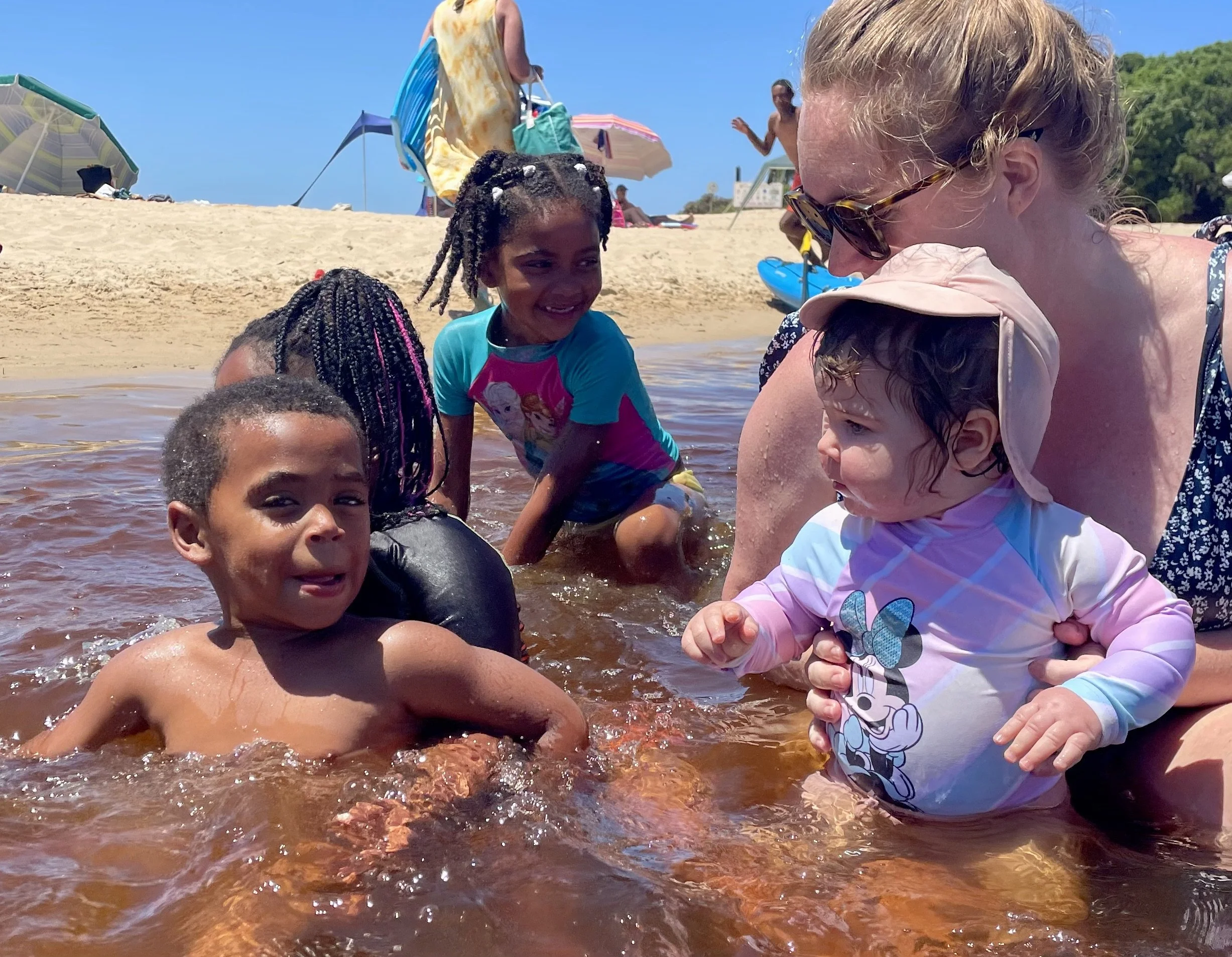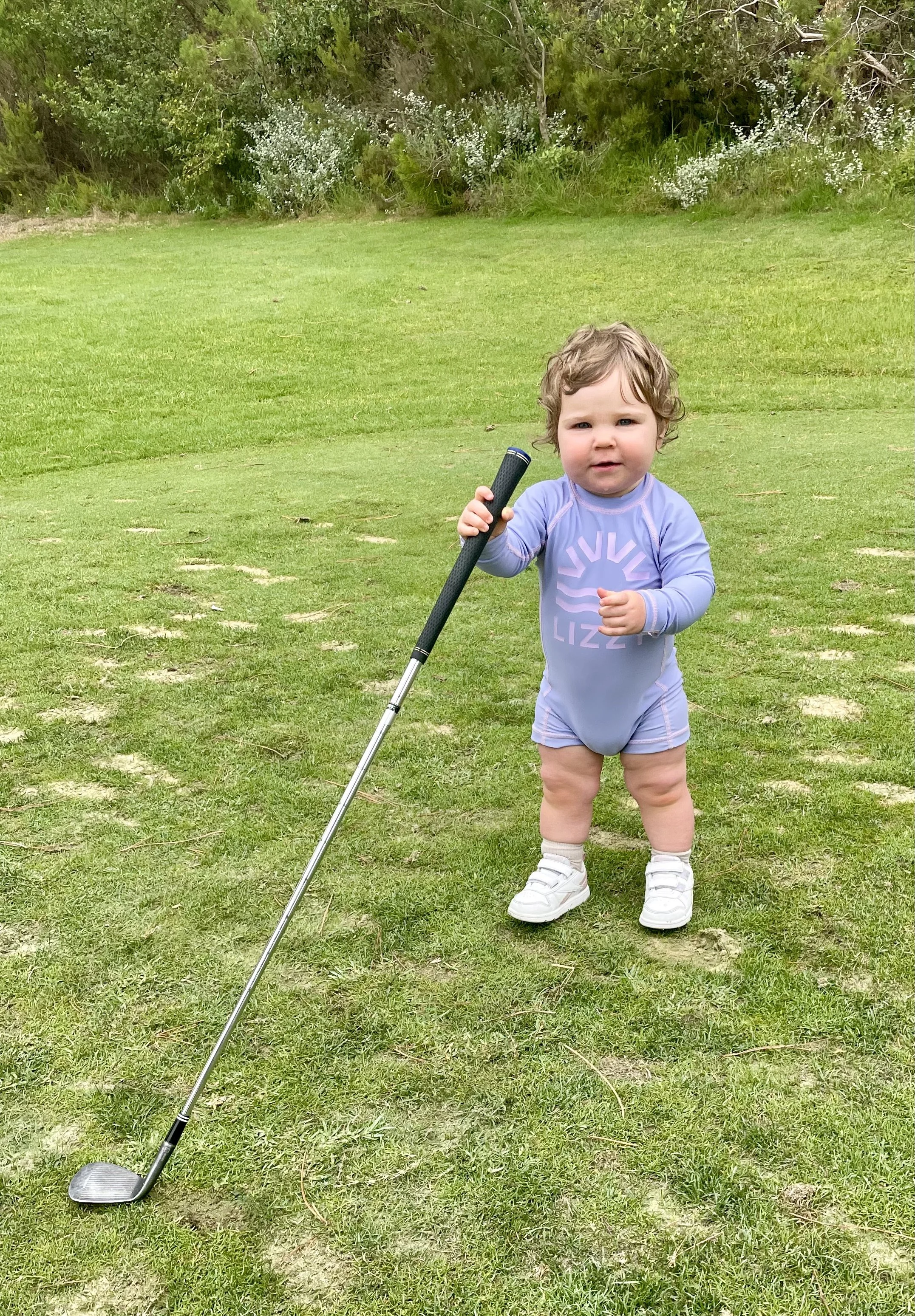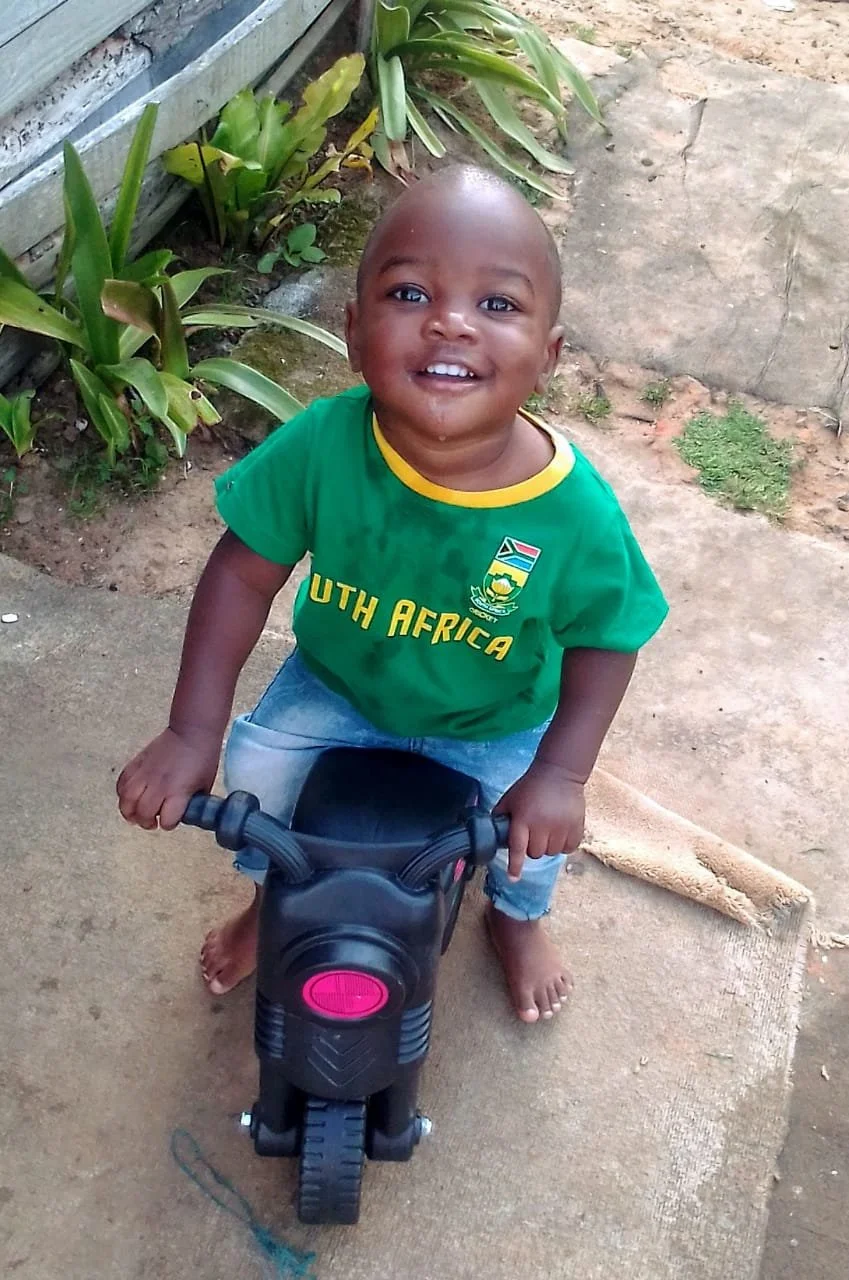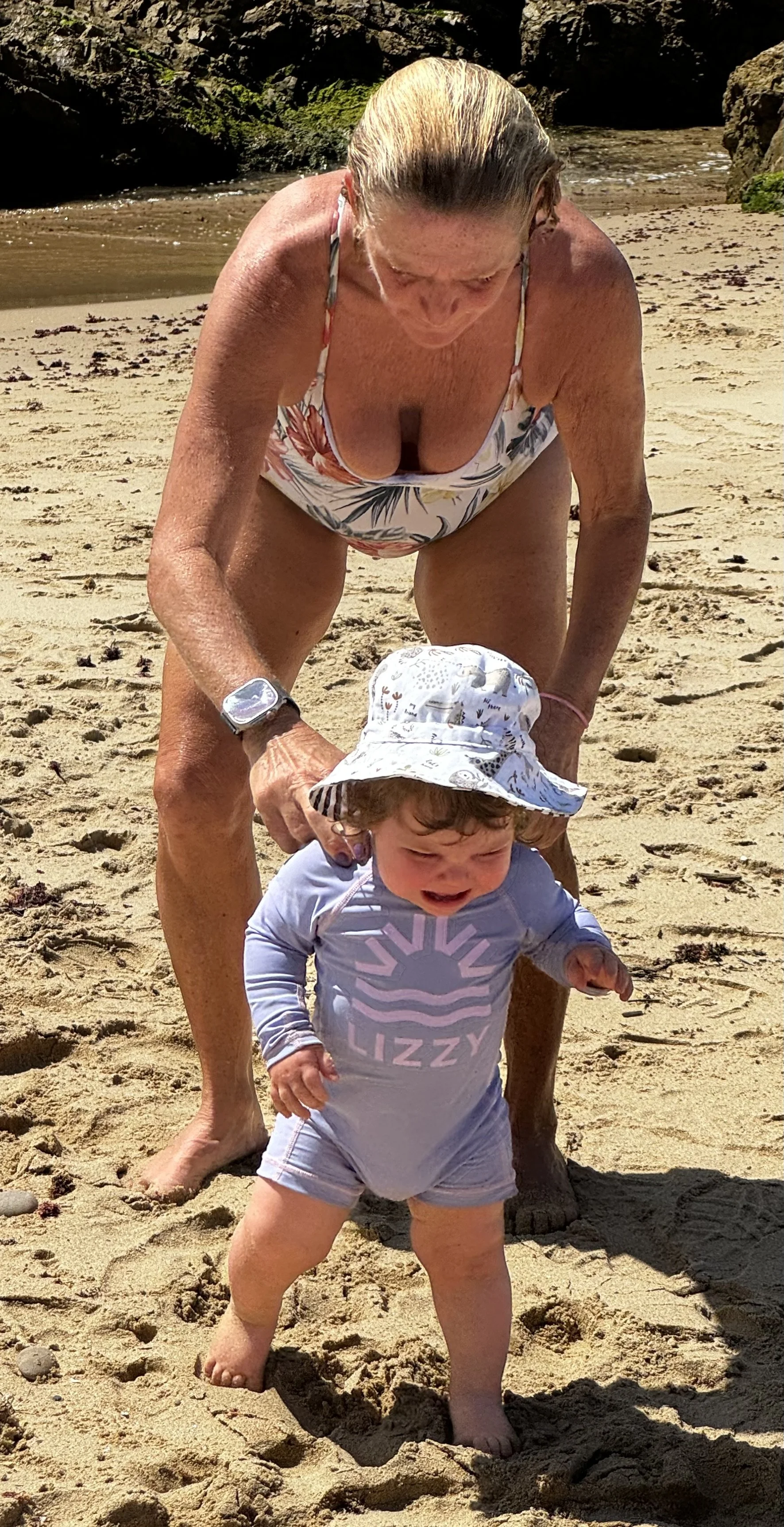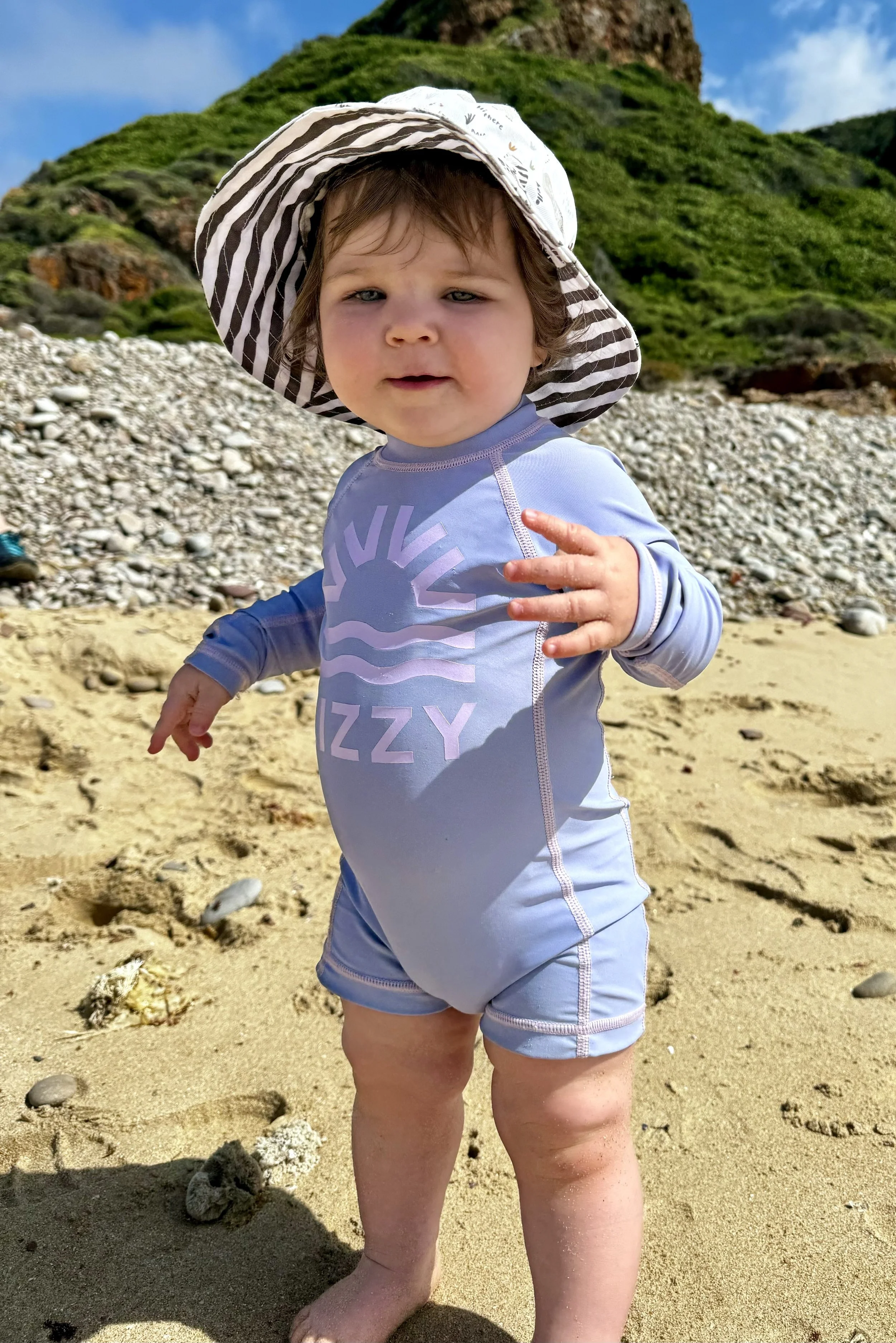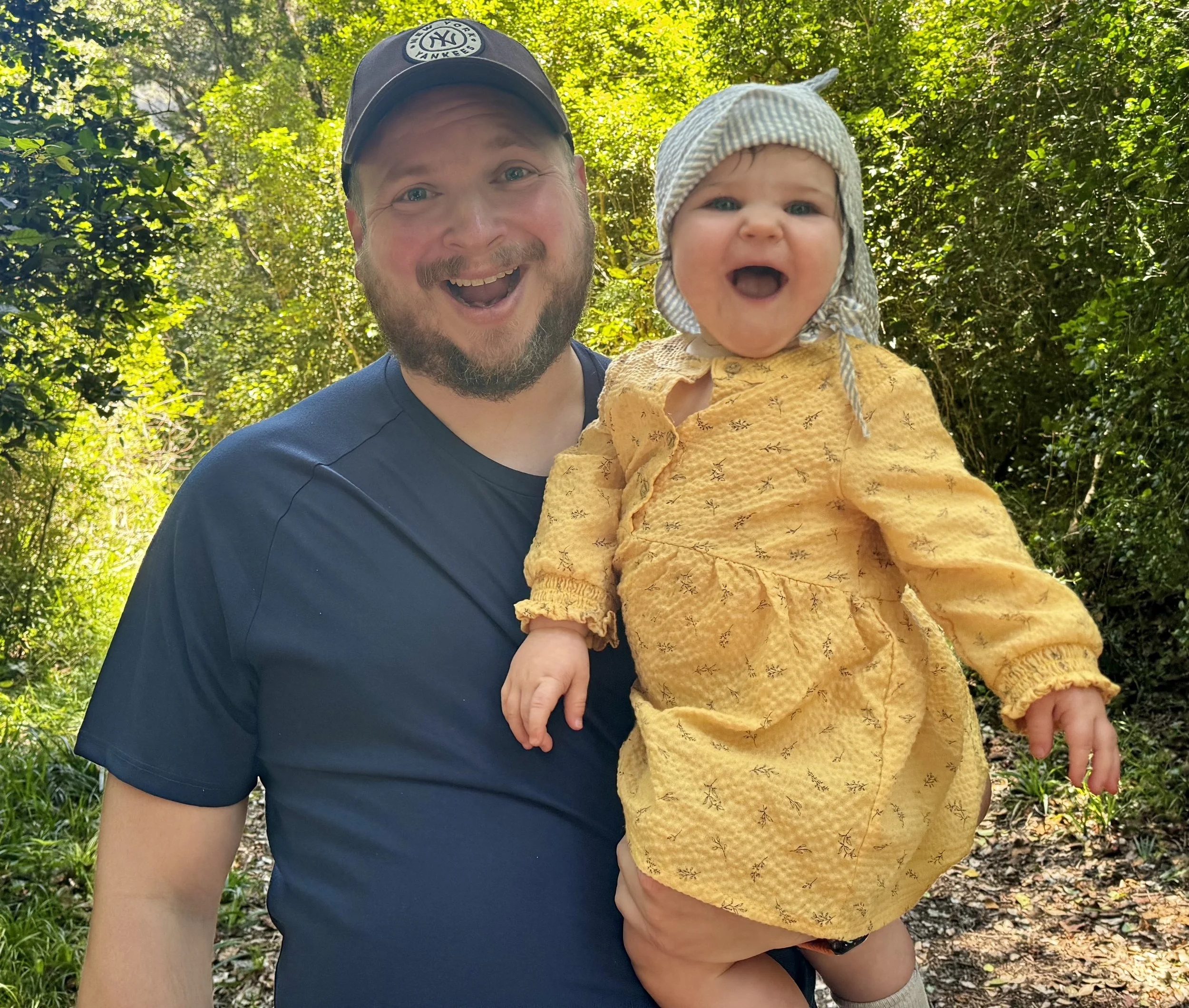Brain and gut
Sea urchins, like us humans belong to vertebrates.
Through sensors in the skin, people get information about the temperature outside, the sea urchin from skin sensors what the water temperature is at greater depths. As soon as the sea urchin finds a place that is safe, well-tempered and in a nutrient-rich environment, it settles down. The first thing the sea urchin does in its new home is the following: it eats its brain. Why not? The sea urchin is a sessile animal - in other words: resident.
The only reason for having a brain is movement.
The common sea urchin no longer needs a brain when it is firmly established in one place. then the time of movement is over and the brain is thus no longer necessary.
Movement is the most exceptional thing we humans have ever accomplished. There is no other reason to have muscles, nerves on the muscles, and probably no other reason to have a brain. Movement is not just walking or throwing a ball, movement is also facial expressions, articulating words or carrying out a plan.
We humans are very proud of our extremely complex brain. But over time, our admiration has gone beyond all limits. Now we let the head stand for our entire life experience - well-being, joy or satisfaction we think is found in the brain. In the case of uncertainty, fear or depression, one is ashamed of an apparently broken brain - but our "me" is more than that.
This is exactly what the gut teaches us. An organ associated with brown sausages and farts. This particular organ has caused research to rethink - people are beginning to question the absolute leadership of the brain. If the gut´s only job was to transport nutrients and sometimes make us burp, such a clever system would be an outlandish waste.
The gut feeling greatly affects how we feel.
- "We "shit on us" when we're scared
- "Can't get anything out of us"
- We “swallow” disappointments
- “Melt” defeats
- It comes “sour after”
- “Butterflies in the stomach”
Our "me” consists of head and stomach - nowadays not only in language but also in the lab.
We humans are very proud of our extremely complex brain. But over time, our admiration has gone beyond all limits. Now we let the head stand for our entire life experience - well-being, joy or satisfaction we think is found in the brain. In the case of uncertainty, fear or depression, one is ashamed of an apparently broken brain - but our "I" is more than that.
This is exactly what the gut teaches us. An organ associated with brown sausages and farts. This particular organ has caused research to rethink - people are beginning to question the absolute leadership of the brain. If the guts only job was to transport nutrients and sometimes make us burp, such a clever system would be an outlandish waste.
Signals from the gut reach different areas of the brain, the insula, the limbic system, the prefrontal cortex, the hippocampus as well as the anterior part of the cingulate gyrus. One can easily (and carelessly) summarize the responsibilities of these areas as: "I" sense, emotional processing morality. feelings of anxiety, memory and motivation. This gives the gut the ability to influence our thoughts.
The researchers in Irish scientist John Cryan's team fed mice a bacteria known to be kind to the gut, Lactobacillusrhamnosus, as recently as 2011. The mice that had their guts pimped in this way swam not only longer and more hopeful, they also found less stress hormones in their blood. Furthermore, they fared much better in memory and learning tests. The vagus nerve is the most important and fastest route between the gut and the brain, it works a bit like a telephone line that tells the main center what is happening in the body. The gut is in the middle of the battle, it knows all the molecules in the last thing we ate, curiously picks up hormones flying around in the blood, asks the immune cells how they are doing and listens devoutly to the hum of the gut bacteria. It tells the brain things about us that it would otherwise never have a clue about. All this information the gut collects not only with the help of an impressive nervous system, but also on a huge surface. That makes the term the body's largest sensory organ.
The gut and the brain start working together very early in our lives, they outline a large part of our first emotional world as infants. As a baby, our "I" consists most tangibly of gut and brain. As we grow older, we experience the world more and more with all our senses, we no longer cry loudly when the food is bad. The brain-gut connection is more refined, an unhealthy gut can affect mood more subtly, and a well-nourished gut improves our mood.
Stress is probably one of the most important stimuli that brain and gut discuss with each other. When our brain perceives a big problem or concern, it wants to solve the problem. For that, it needs the energy that the brain borrows from the gut. The intestine is informed that there is an emergency and that it is exceptionally obliged to obey. The intestine is collegial and saves energy during digestion. If the brain constantly warns of states of emergency, it replaces the kindness of the gut. Then the gut has to send less polite signals to the brain, we feel rejected or suffer from loss of appetite, nausea or diarrhoea. The gut has been deprived of nutrition to cope with the fact that the brain has taken energy from it. When living conditions change in the gut, different bacteria survive than when the situation is relaxed.
One of the primary goals of our movements is to move toward a healthy balance—whether it's from cold to warm, from unhappy to happy, or from tired to energetic.
"I feel, then I think, therefore I exist."
Many of our welfare diseases are caused by an imbalance in the intestinal flora, and the connection between the brain and the intestines is central.
Source: Charmen med tarmen, Giulia Enders


